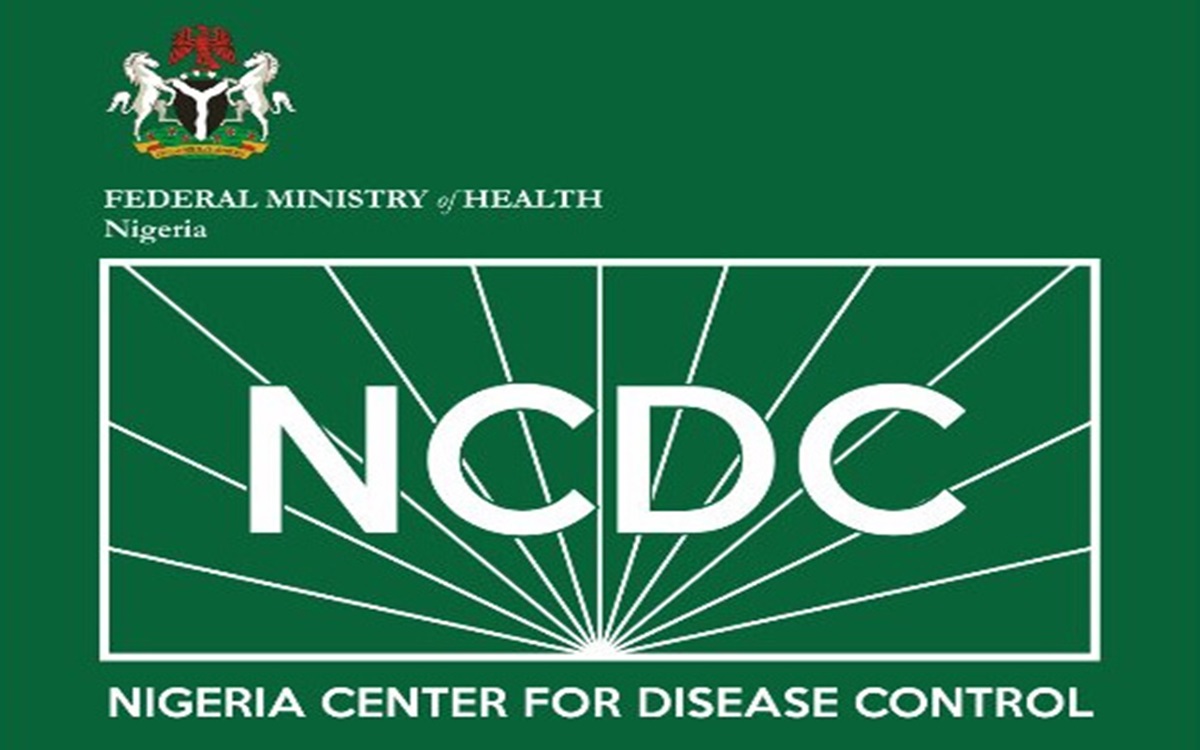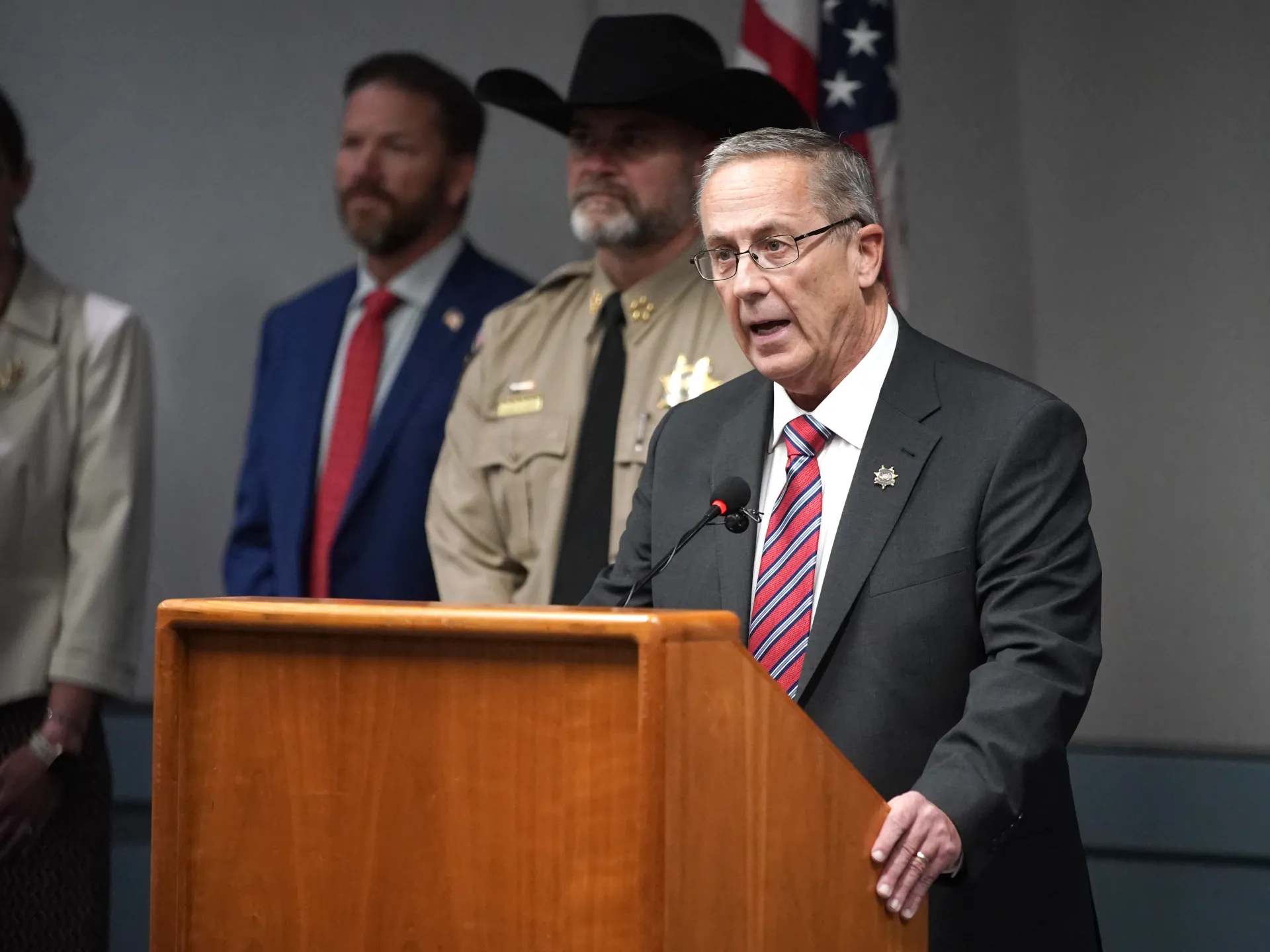By Dele Anofi,The Nation
Copyright thenationonlineng

The Nigeria Centre for Disease Control and Prevention (NCDC) has assured Nigerians that there is no outbreak of Ebola or Marburg virus in the country, following investigations into two suspected viral hemorrhagic fever cases recently reported in Abuja.
In a statement on Friday, NCDC Director General, Dr. Jide Idris, confirmed that both cases tested negative for Ebola and Marburg, with samples now undergoing screening for other viral hemorrhagic fevers such as Lassa fever and dengue.
He said the most recent case involved a traveller who returned from Kigali and immediately reported to a hospital in Abuja after falling ill.
According to Idris, who revealed that the NCDC has conducted a dynamic risk assessment in response to reports of Ebola in other African countries, Nigeria has stepped up surveillance at points of entry, placed isolation and treatment facilities on alert, and pre-positioned infection prevention and case management supplies.
Furthermore, he said laboratories remain on standby for rapid testing, while response teams are ready to launch contact tracing if needed.
Beyond immediate measures, he said, the agency is working with states and partners to upgrade isolation facilities, strengthen infection-prevention training for healthcare workers, conduct simulation exercises, and ensure access to medical countermeasures such as vaccines and therapeutics if required.
The NCDC boss also urged State governments to provide adequate support to surveillance officers, ensure isolation centres remain functional, and strengthen rapid-response capacity.
Healthcare workers across public and private facilities, he added, must remain vigilant, apply strict infection-control measures, and report suspicious cases without delay.
Private hospitals, Idris noted, play a crucial role in early detection and must be fully integrated into national surveillance and preparedness structures.
Read Also: Nigeria boosts Ebola alert as outbreak hits DRC
Idris praised the patient’s swift action, describing it as exemplary, saying, “His decision to seek care early, combined with the vigilance of the attending clinician and hospital team, ensured our public health system was promptly activated and the risk to the public minimized.
“This responsible action is commendable and a practice all Nigerians are urged to emulate,” he said.
He commended the clinicians and staff at Nisa Premier Hospital, Abuja, for raising suspicion and reporting the case, which triggered a rapid national response.
He also acknowledged the Federal Capital Territory (FCT) epidemiology and response teams, Port Health Services, the National Reference Laboratory, and partners in immigration and aviation whose swift coordination demonstrated Nigeria’s preparedness.
The DG explained that Ebola Virus Disease (EVD), formerly known as Ebola Hemorrhagic Fever, remains one of the deadliest viral illnesses, with a fatality rate ranging from 25 to 90 percent.
He said transmission occurs through contact with infected animals such as fruit bats and monkeys, or through exposure to bodily fluids of infected persons, while warning that health workers, caregivers, and mourners in close contact with deceased patients are particularly at risk.
Symptoms usually appear between two and 21 days after infection, often starting with sudden fever, weakness, muscle pain, headache, and sore throat, he noted.
In addition, he said severe cases may involve vomiting, diarrhoea, jaundice, uncontrolled bleeding, organ failure, and, in fatal outcomes, death within 8–9 days.
Idris stressed that while vaccines and therapeutics exist for some strains, early detection, isolation, and supportive care remain the most effective ways to save lives.
He also advised that infection-control measures, safe burials, and contact tracing are equally vital to stopping transmission.
He urged Nigerians to adopt preventive practices, including frequent handwashing, avoiding contact with people showing unexplained symptoms, limiting interaction with wild animals, and ensuring meat is properly cooked.
The public, he added, should seek medical attention immediately if symptoms appear, especially after travel to affected areas.
The agency also cautioned against rumours and misinformation, warning that false reports fuel panic, stigma, and resistance to care, while urging citizens to rely on official updates from NCDC and government channels.
“These recent events are a reminder that the vigilance of one clinician, the responsibility of one patient, and the cooperation of all stakeholders can protect millions,” Idris said.
For assistance or to report suspected cases, the agency urged the public to call the NCDC toll-free line 6232, use WhatsApp (+234 708 711 0839), SMS (+234 809 955 5577), or email [[email protected]](mailto:[email protected]).



